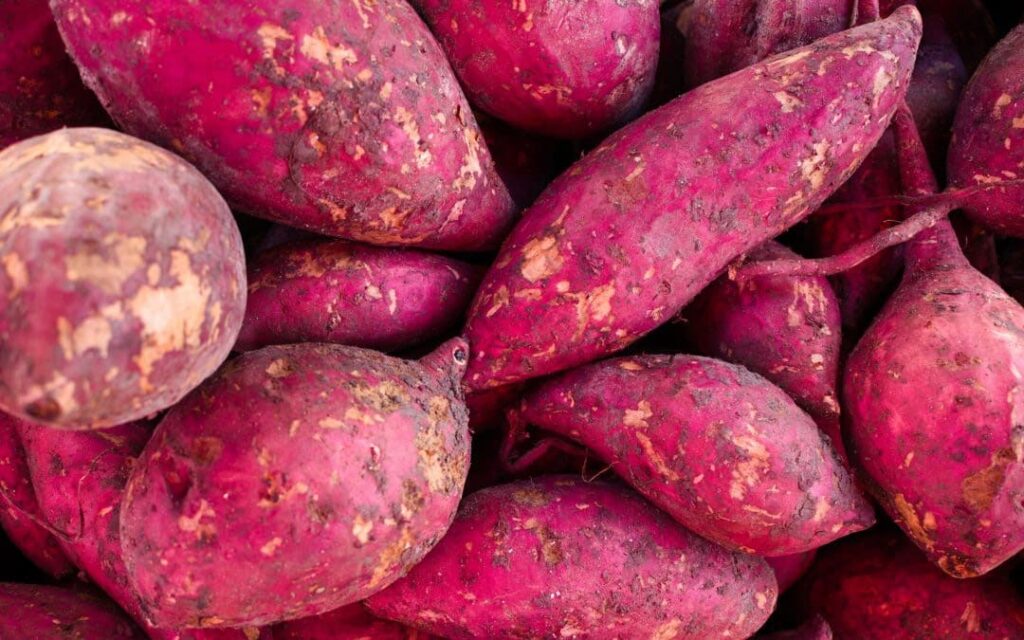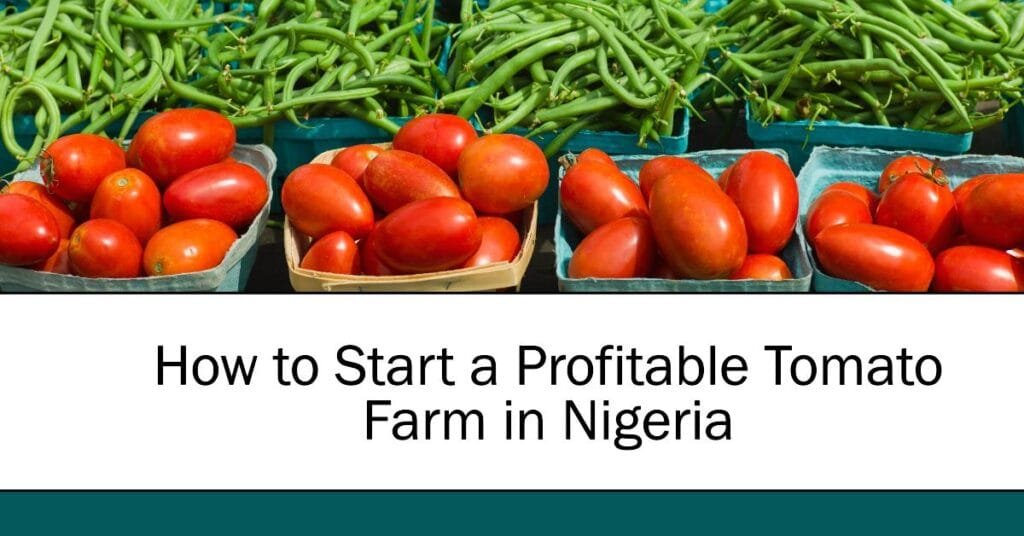Nigeria is one of the world’s largest producers of sweet potatoes, with an annual production of around 3.46 million metric tons. But here’s the big question: how can Nigerian farmers tap into export opportunities and grow their profits?
The answer lies in understanding market trends, demand patterns, and international trade opportunities. In this guide, I’ll break down everything you need to know—from current market trends to actionable steps for exporting sweet potatoes successfully.
Sweet Potato Market Trends in Nigeria
1. Domestic Market Growth
Sweet potatoes are becoming increasingly popular in Nigeria due to their affordability, high nutritional value, and versatility in meals. With a rising population and growing interest in healthy eating, demand for sweet potatoes is on the rise.
2. Nigeria’s Global Production Rank
- Nigeria is the largest producer of sweet potatoes in Africa and among the top producers globally.
- The country produces over 3.46 million metric tons annually, making it a major player in the market.
- Despite high production, only a small percentage is exported, leaving a massive opportunity for farmers to expand beyond local markets.
3. International Demand for Sweet Potatoes
- The global market for sweet potatoes is growing fast, with demand increasing in the United States, the United Kingdom, Canada, and Australia.
- In 2022, Nigeria exported sweet potatoes to markets such as the UK ($14.9k), Czechia ($10.9k), and other European countries.
- Many consumers in these countries prefer organic, non-GMO sweet potatoes, which Nigeria can supply.
Why Export Nigerian Sweet Potatoes?
Exporting sweet potatoes can be highly profitable, but why is there such a strong international demand?
- Health Benefits – Rich in vitamins, fiber, and antioxidants, sweet potatoes are a favorite among health-conscious consumers.
- Versatility – Used in baby food, snacks, baked goods, and even alcoholic beverages.
- Rising Global Demand – The demand for organic and gluten-free foods is growing, making sweet potatoes an attractive commodity.
- Higher Profits – Selling sweet potatoes abroad can bring in higher revenues compared to local markets.
How to Tap into Export Opportunities
If you’re a Nigerian farmer or agribusiness owner, how do you get started in exporting sweet potatoes?
1. Understand Export Requirements
Each country has strict import regulations, so it’s crucial to meet international phytosanitary standards (requirements to prevent pests and diseases). Some key steps include:
- Getting certification from the Nigerian Agricultural Quarantine Service (NAQS).
- Ensuring your sweet potatoes are free from contaminants.
- Complying with packaging and labeling requirements.
2. Identify the Right Export Markets
Not all countries have the same demand for sweet potatoes. Focus on markets with high demand and low competition.
- United States – The US imports thousands of tons of sweet potatoes yearly. Nigeria has the potential to compete with major exporters like China and the US itself.
- United Kingdom & Europe – The UK is one of the largest importers of sweet potatoes, with increasing demand for African-grown produce.
- Canada & Australia – Consumers in these regions are shifting toward organic and locally sourced foods, creating a niche opportunity.
3. Improve Post-Harvest Handling and Packaging
Poor packaging and post-harvest losses are major challenges for Nigerian exporters. To succeed in international markets:
- Store sweet potatoes in cool, dry conditions to prevent spoilage.
- Use durable and eco-friendly packaging that meets export standards.
- Consider processing sweet potatoes into flour or chips for longer shelf life and higher value.
4. Connect with Export Agencies & Buyers
Finding international buyers can be challenging, but here are some ways to connect with them:
- Join trade fairs and expos (e.g., the Nigerian Export Promotion Council’s trade missions).
- Use online platforms like Alibaba, TradeKey, and Global Food Trade Networks.
- Work with export facilitators who specialize in agribusiness.
5. Secure Funding & Government Support
Exporting sweet potatoes requires investment in quality control, logistics, and certifications. Here are some funding sources:
- Bank of Agriculture (BOA) loans – Provides funding for agribusinesses.
- Central Bank of Nigeria (CBN) Agricultural Credit Scheme – Offers financial support for exporters.
- Nigerian Export Promotion Council (NEPC) grants – Assists farmers looking to enter foreign markets.
Challenges & Solutions in Exporting Sweet Potatoes
| Challenge | Solution |
| Lack of knowledge on export processes | Attend training from NEPC & NEXIM Bank |
| Post-harvest losses | Use modern storage techniques & cold chain logistics |
| Finding international buyers | Network through trade fairs & online platforms |
| Meeting quality standards | Follow global phytosanitary regulations |
Final Thoughts: Is Exporting Sweet Potatoes Worth It?
Absolutely! Nigeria has the potential to dominate the global sweet potato market with proper investments in farming practices, storage, and international trade networks. If you’re a farmer looking to increase your revenue, exporting is the way forward!
Key Takeaways
- Nigeria is one of the world’s top producers of sweet potatoes.
- Global demand is rising, especially in the US, UK, Canada, and Australia.
- Farmers need to meet export standards, use proper packaging, and find reliable buyers.
- Government programs and financial support are available to assist exporters.
Ready to start exporting? Focus on quality, market research, and networking, and you’ll be well on your way to tapping into this lucrative industry!




